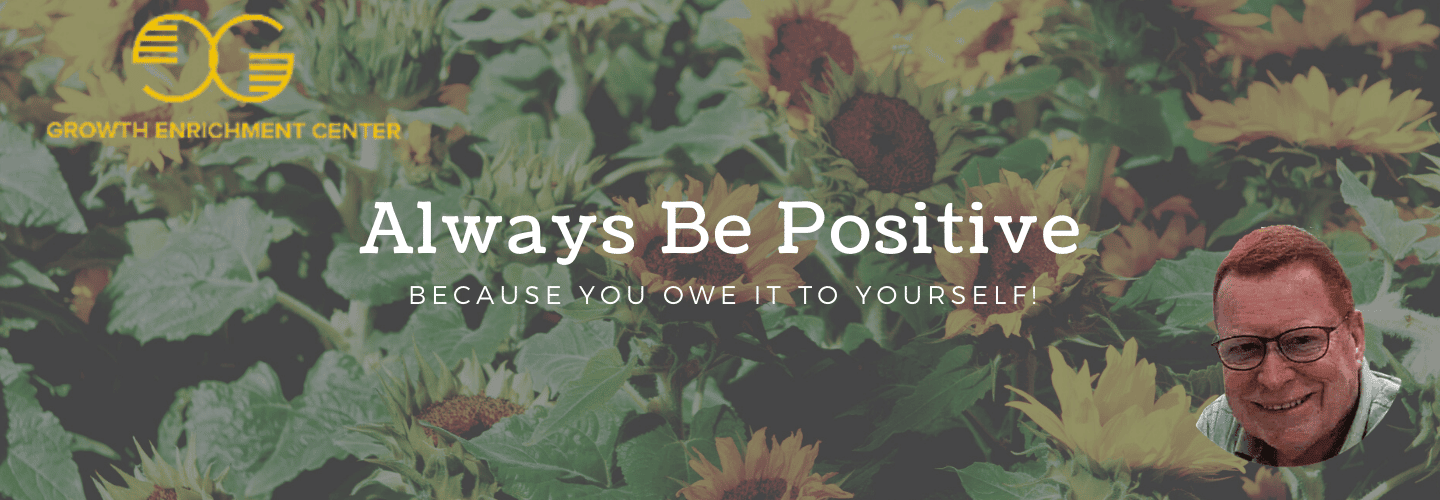
True happiness flourishes when you accept yourself, with all your imperfections. By embracing your unique traits, you not only bolster your self-esteem but also enrich your emotional well-being. Mindful practices like gratitude reinforce this acceptance, enhancing your overall happiness and reducing stress. As you cultivate a positive self-view and build genuine connections, you foster a more resilient and joyful life. Explore further, and you'll uncover deeper insights into transforming your acceptance into lasting contentment.
Key Takeaways
- Self-acceptance increases happiness by fostering a positive self-image and reducing negative self-judgment.
- Embracing personal imperfections as unique traits enhances resilience and self-worth.
- Authentic self-perception encourages genuine contentment and emotional well-being.
- Practicing mindfulness aids in accepting present realities, minimizing regrets and anxieties.
- Gratitude for one's own qualities and life circumstances shifts focus from flaws to strengths.
The Beauty of Imperfection: Embracing Who You Are

Embracing your imperfections not only enhances your self-love but also equips you with a more stable sense of self-worth.
Studies show that individuals who accept their flaws experience greater authentic happiness. This acceptance catalyzes a deeper engagement in your self-love journey, impacting your mental and emotional health positively.
By recognizing your unique characteristics as strengths rather than shortcomings, you foster resilience and a genuine connection with others.
Analyzing your personal imperfections as assets rather than obstacles helps in cultivating an enriched life experience, full of empathy and self-understanding.
Consequently, authenticity in self-perception greatly boosts your happiness quotient.
The Power of Mindfulness: Living in the Moment
While understanding and accepting your imperfections lays a strong foundation for self-worth and happiness, actively engaging in mindfulness can elevate this process to new heights.
Implementing mindful breathing and cultivating present awareness are empirically supported strategies that enhance your mental state. Studies indicate that mindfulness not only reduces stress but also improves your emotional reactivity, making you more resilient.
By focusing on the present, you're less likely to dwell on past regrets or future anxieties. This practice fosters a deep contentment, as you appreciate life as it unfolds, moment by moment.
Embrace this approach to fully experience the richness of life.
Turning Failures Into Stepping Stones

Although failures may initially seem disheartening, they serve as invaluable stepping stones on your path to personal growth and resilience.
Engaging in failure reflection isn't just about pinpointing what went wrong, but also about uncovering how these missteps can sculpt a more robust version of yourself.
Studies indicate that those who systematically analyze their failures develop superior resilience strategies. This methodical reflection fosters an adaptive mindset, essential for overcoming future challenges.
By reframing your failures as lessons, you're not only enhancing your skill set but also fortifying your psychological resilience.
Cultivating a Grateful Heart: Daily Practices
If you're seeking a richer, more joyful life, integrating daily practices of gratitude can markedly elevate your mental and emotional well-being.
Studies show that adopting gratitude rituals, such as maintaining a thankfulness journal, greatly enhances your outlook. These practices shift your focus from what's lacking to the abundance around you, fostering a thankfulness mindset.
This mental shift isn't just uplifting; it's transformative, facilitating deeper connections with others and with your own values. By consistently acknowledging the good, you reinforce positive neural pathways, making resilience and contentment more accessible.
Start today, and watch how gratitude reshapes your perception of the world.
Digital Detox: Reclaiming Authentic Happiness

In today's digital age, you might find yourself constantly bombarded by the polished lives of others on social media, which can skew your perception of happiness.
Studies suggest that social comparison, fueled by idealized online portrayals, detracts from your sense of self-worth and contentment.
Engaging in a digital detox can shift your focus from comparative metrics to cultivating authentic connections that enrich your life.
Disconnecting helps restore a sense of reality, encouraging relationships and experiences that truly matter.
Reclaim your authenticity and watch as real, joyful interactions replace hollow online exchanges, leading to a more resilient and genuinely happy you.
The Science of Contentment: Insights From Research
While exploring the science of contentment, research reveals that practices like mindfulness and gratitude greatly enhance our well-being.
Contentment strategies such as regular meditation and gratitude journaling are linked to higher levels of happiness. Research findings consistently demonstrate that individuals who engage in these practices report less anxiety and a more profound sense of peace.
These approaches don't just momentarily lift spirits; they cultivate a lasting state of contentment by reorienting attitudes towards appreciation and present moment awareness.
You'll find that by incorporating these strategies into your daily life, the journey towards a more fulfilled existence isn't just possible, but enjoyable.
Building Resilient Relationships Through Authenticity

Authenticity not only strengthens your personal identity but also builds resilience in relationships by fostering deep, genuine connections. When you're authentic, you engage in transparent communication, which is a cornerstone of trust building. Vulnerability becomes a strength, enabling mutual support and facilitating conflict resolution. Sharing experiences and emotions transparently deepens bonds and cultivates empathy, integral for resilient relationships.
| Key Element | Impact on Relationships |
|---|---|
| Authentic Communication | Fosters trust and understanding |
| Vulnerability Strength | Encourages mutual support |
| Emotional Transparency | Deepens connection |
| Shared Experiences | Enhances bond |
| Empathy Cultivation | Aids in conflict resolution |
Embrace authenticity; it's your pathway to meaningful connections and lasting happiness.
Frequently Asked Questions
How Can Parents Teach Self-Acceptance to Children?
As a parent, you can teach self-acceptance through positive reinforcement and open communication. Emphasize strengths, discuss feelings openly, and encourage embracing imperfections. This approach, rooted in empirical evidence, fosters resilience and authentic happiness in children.
What Role Does Genetics Play in Personal Happiness?
You've got genes that might sway your mood, but they aren't your destiny. While genetic predisposition plays a role, your actions and mindset largely shape your happiness. It's more nurture than nature.
Are There Cultural Differences in Perceptions of Happiness?
Cultural values paint happiness with different brushes; you'll find happiness metrics vary worldwide. Empirical evidence shows that cultural norms shape perceptions, yet an analytical, optimistic view suggests all cultures value happiness, albeit through diverse lenses.
How Does Climate Impact Feelings of Contentment?
Climate impacts your contentment greatly. Weather patterns and seasonal affect influence mood. Environmental stressors and temperature effects alter well-being. Embracing natural surroundings can mitigate negative impacts, offering you a more stable sense of happiness.
Can Self-Acceptance Help in Overcoming Trauma?
Yes, embracing your flaws can indeed aid trauma recovery. By fostering emotional resilience, you'll navigate life's challenges more effectively, grounding your healing in self-love and a deeper, more authentic understanding of yourself.
Conclusion
As you journey through the garden of self-acceptance, remember each imperfection is a petal in your unique bloom. Embracing your flaws can transform them into stepping stones, guiding you toward genuine contentment. Cultivate a mindset where mindfulness and gratitude thrive, and let this be your sanctuary from the relentless pursuit of perfection. Studies show this path leads not just to momentary joy but to deep, lasting fulfillment. So, cherish your authentic self—your truest source of happiness.
